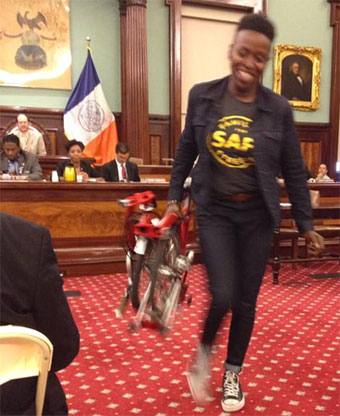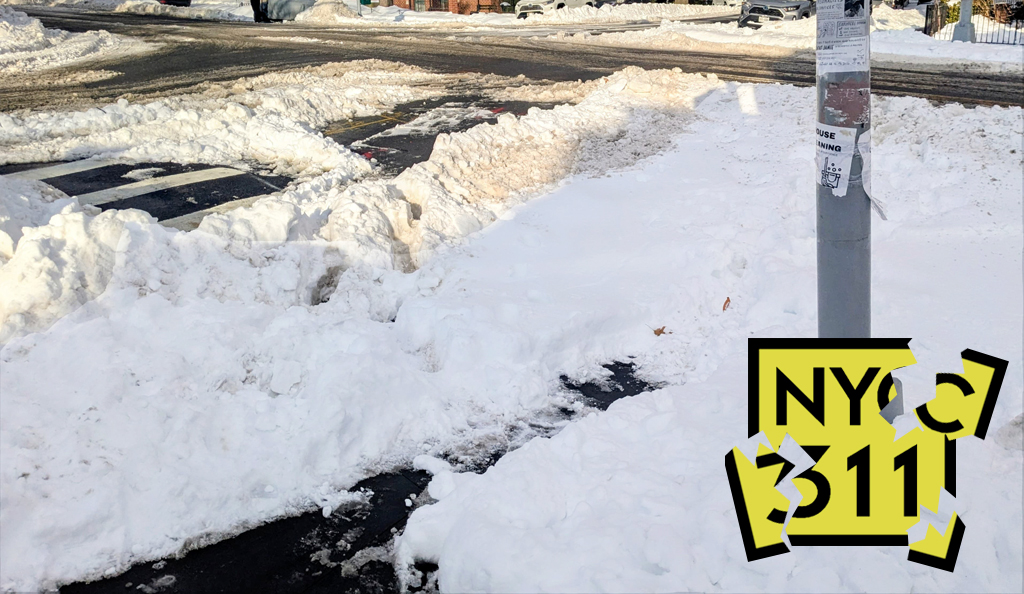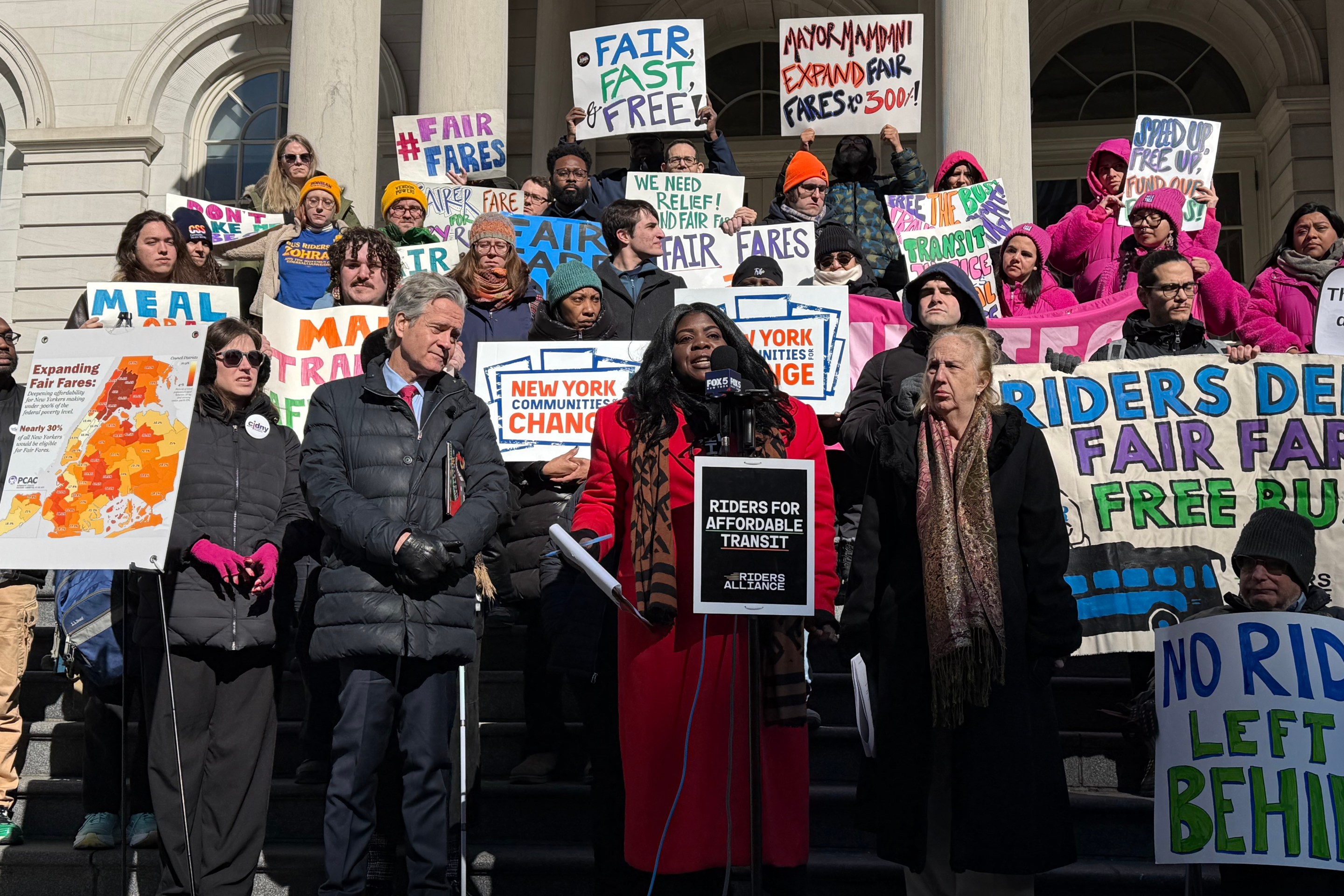No matter how well you lock up your bike in NYC, if you leave it outside for any significant amount of time, you never know what will be left when you get back. For secure storage, nothing beats a spot inside. But thanks to a bizarre aversion to bicycles shared by many landlords and property managers, a large percentage of NYC buildings are de facto bike-free zones.

In 2009, the Bicycle Access to Buildings Law started to chip away at these restrictions by creating a legal mechanism for employees to win bicycle access to their workplaces. That law had its limitations, though, like a loophole that compelled some bike commuters to leave their ride at the office if the freight elevator was shut down for the day. This session, three bills have been introduced in the City Council to expand the guarantee of bike access to buildings.
The bills appear to have a clear path forward, judging by a hearing on all three in the Housing and Buildings Committee yesterday. A representative from NYC DOT commended the legislation and wants the sponsors to strengthen their proposals, signaling City Hall's general approval of the new bills.
One problem with the 2009 law is that even if a tenant successfully petitions for bike access to a building, there is no full guarantee. Building owners can deny access to passenger elevators entirely, and while access to freight elevators is required during operating hours, it's common for buildings to cease operating their freight elevators long before most workers head home for the day. In a DOT survey of 209 tenants who had applied for bike access to their buildings, many said that limitations on freight elevator access were a significant hindrance, according to testimony delivered yesterday by DOT's Michelle Craven.
Intro 795, sponsored by Jumaane Williams, who chairs the committee, would allow people to exit buildings using the passenger elevator when freight elevators are not in service. Craven suggested that the bill could go farther by extending passenger elevator access to employees who arrive at the building when the freight elevator is out. And TA Executive Director Paul Steely White said the bill could be strengthened by creating an enforcement mechanism to penalize buildings that fail to grant access, and by clarifying that any building without a freight elevator must provide bike access via the passenger elevator.
Another bill, Intro 405, sponsored by Helen Rosenthal, would guarantee access to passenger elevators to people with folding bikes, another measure that DOT's Craven said the agency supports. Discussion of this bill included what has to be the first live demo of a folding bike in City Council chambers, courtesy of Families for Safe Streets' Dulcie Canton.
The third bill, Ydanis Rodriguez's Intro 695, extends the guarantee of bike access to residential elevators, a goal that DOT also said it supports.
Next up: Sponsors will adjust their legislation before the bills come up for a vote, which has yet to be scheduled.





